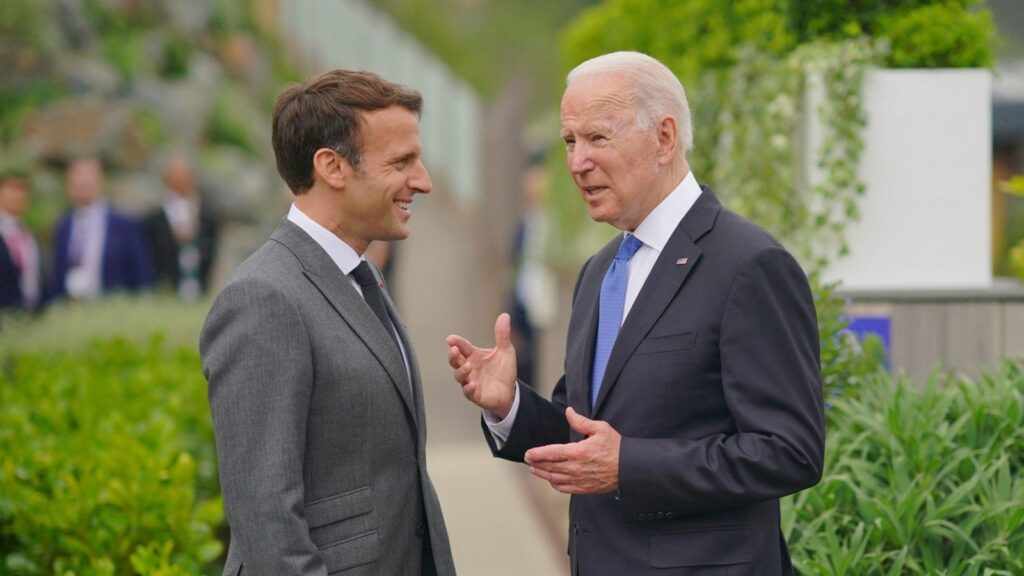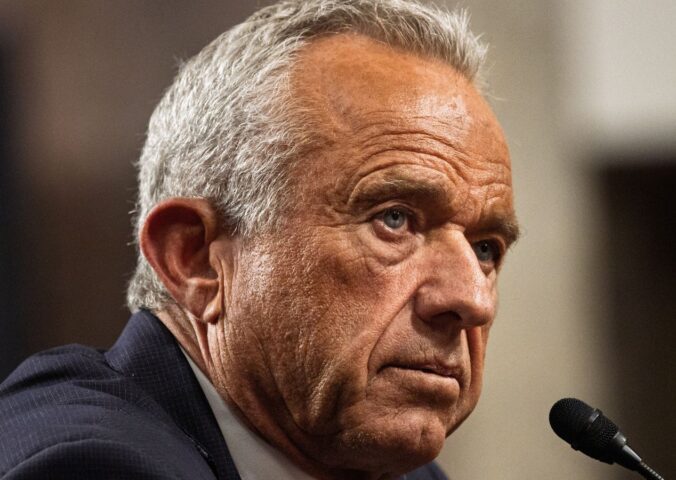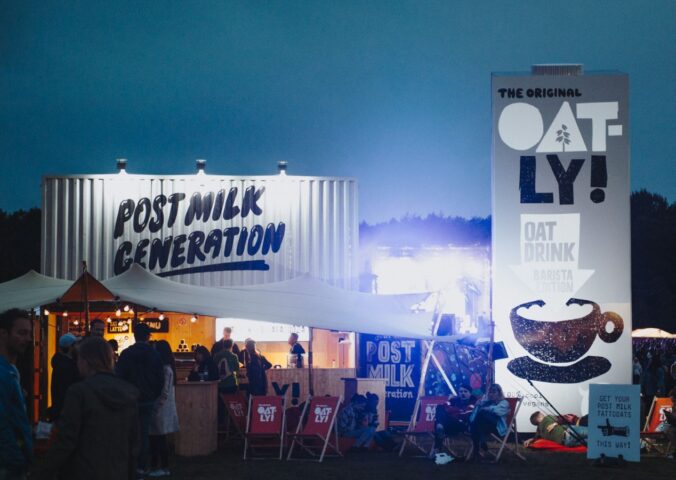This year, world leaders at the G7 Summit have been enjoying a predominantly plant-based menu.
The G7 (an organization of the world’s seven biggest “advanced” economies) meets every year at an annual summit to discuss the world’s largest challenges.
Hosted in Germany, this year’s summit saw leaders discuss matters like the Russian invasion of Ukraine, as well as the climate crisis and food security.
In the interest of sustainability, most meals served during the summit were plant-based. A spokesperson for the German government said ahead of the event: “The focus will be on seasonal and creative vegan and vegetarian foods.” They added that meat and fish are “add-ons” only.
German chancellor Olaf Scholz is backed by a coalition of parties across the political spectrum. One of those parties is the Green Party, which is dedicated to reducing Germany’s meat consumption.
In 2013, the Greens put forward a pledge for a mandatory meat-free day across the country. And in 2019, it pitched a meat tax.
While the Greens cited animal welfare on both occasions, sustainability is a key factor. The meat industry is responsible for 14.5 percent of global greenhouse gas emissions. Plus, it wastes natural resources (like land and water) and drives deforestation.
Rich countries need to reduce meat
Germany is known for its traditionally meaty cuisine. But according to Reuters, it has reduced animal products at all of its international meetings this year.
Earlier this year, one of the country’s leading universities, the University of Bonn, published a report stating that rich countries need to cut meat consumption by at least 75 percent for the planet.
In the EU, the average citizen consumes around 80 kilograms of meat every year. Dr. Matin Qaim, a lead author of the study, maintains this is simply too much.
He said: “If all humans consumed as much meat as Europeans or North Americans, we would certainly miss the international climate targets and many ecosystems would collapse.”






